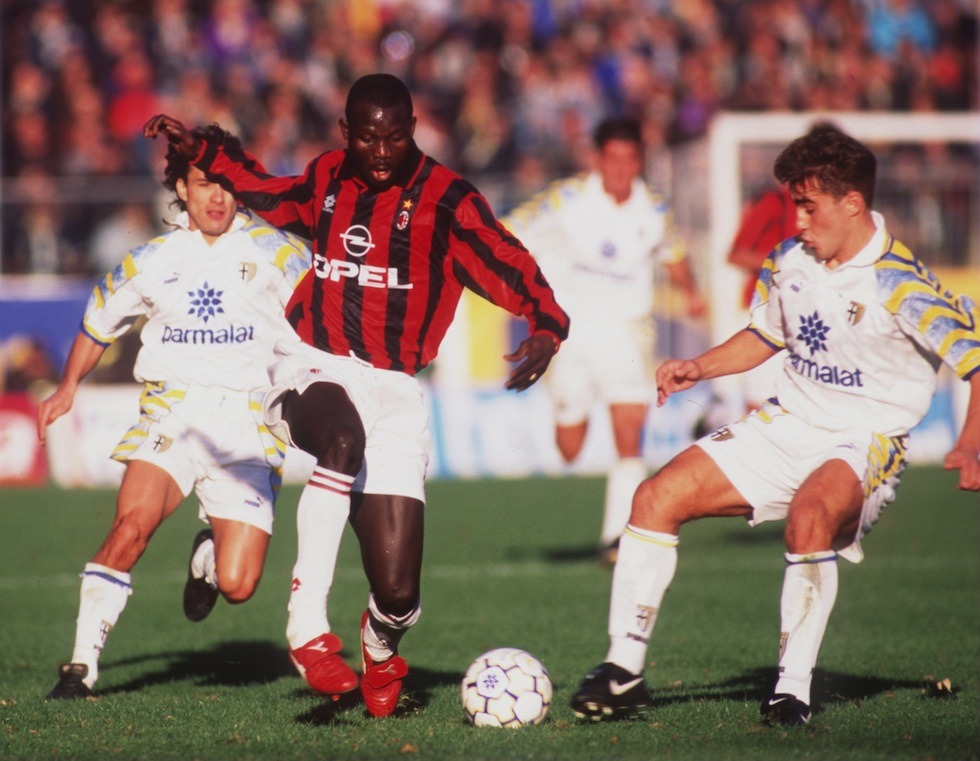What is the relevance of Politicians and Sport now?
What is the purpose of sport? For many, it is a form of entertainment- a distraction from the more serious issues they are facing. Politicians also view sport as a distraction, although in a slightly different, more devious way.
Despite Boris Johnson’s impressive rugby skills against Japanese children, most people don’t view sportspeople and politicians to share much in common. Athletes are revered as national heroes and role models for the younger generation. Politicians…maybe not so much.
As a result, many athletes have used their popularity to launch a career in politics. Former AC Milan star George Weah was elected as the President of Liberia in 2017, and whilst his policies are fairly popular amongst the Liberian people, it is unlikely he would have made president without scoring 194 goals across the European top-flights.
MPs need ways to connect with the public and be seen as normal people
If they haven’t won a Ballon d’Or, a politician’s connection to sport is less clear. The obvious connection is that politicians will use sports to advance their own interests. MPs need ways to connect with the public and be seen as normal people. Having an interest outside of Brexit is an easy way to do this, and so politicians often make appearances at high profile sporting events such as FA Cup Finals, the Olympics, and Test Matches.
This approach does not always work, as it can easily appear fake and forced. I’m not suggesting Jeremy Corbyn should appear on Arsenal Fan TV any time soon, but more politicians may want to reconsider their attempts to connect with sports fans, especially on Twitter, as any behaviour outside the norm will be scrutinised and mocked. For example, during the Rugby World Cup Final, Sir Lindsay Hoyle tweeted a photo of himself entitled “Come on England”. This quickly was turned into a joke as the layout of his room appeared rather peculiar and suggested he was not, in fact, interested in the rugby, and was using this tweet instead to curry favour with the public prior to his election as the Speaker of the House.
Hosting sporting events are a great way for politicians to secure popularity amongst the public, which is why, despite the spending implications during a time of austerity, MPs and mayors from all parties have and continue to support bids from England to host the Olympics and the World Cup.
For all the interest and exploitation of the sporting industry, politicians remain reluctant to address the main problems it faces
The 2012 London Olympics are especially important to Boris Johnson, as the event defined his first term as the mayor, allowing him to soar, quite literally, in popularity with the public, with many Londoners viewing Johnson’s zipline antics above Victoria Park as the high-point of the games. Johnson hopes that his legacy will remain associated with the Olympics, rather than his less successful ventures as Mayor of London.
For all the interest and exploitation of the sporting industry, politicians remain reluctant to address the main problems it faces, leaving the regulations to independent sporting bodies instead. Depoliticising sport in this way would only work if the industry was perfect, which, seen by the racist abuse England and Premier League footballers still face, it clearly isn’t. This racism does not exist in a vacuum but stems from the wider societal issues in the UK. If politicians use this type of language or describe minorities as ‘letterboxes’ or as having ‘watermelon smiles’ they are indicating to the general public that it is acceptable to use these phrases and fact no repercussions.
If politicians are to use sport to further their political aims, or even just as a way to relax after another vote on the latest Brexit Deal, they should take seriously the issues the sport faces and use their position of authority to give legitimacy to campaigns attempting to make the industry better.

Comments